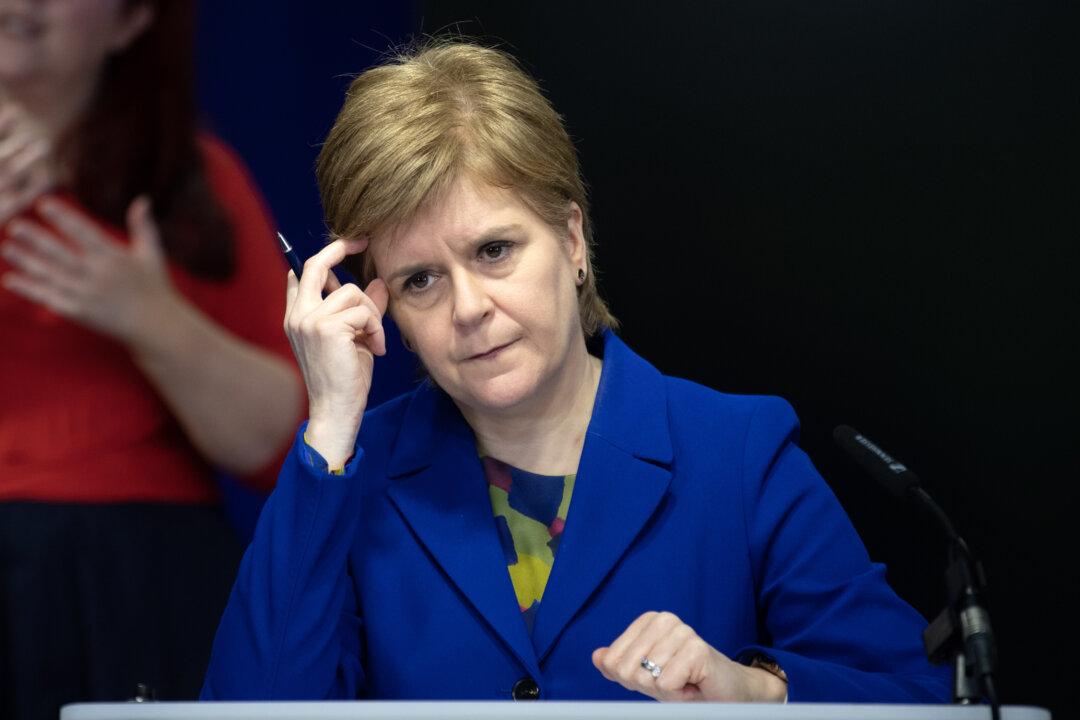Nicola Sturgeon has announced she is to resign as First Minister of Scotland, saying: “My decision comes from a place of duty and of love, tough love perhaps, but nevertheless love [of] my party and my country.”
Her decision to step down comes a month after the UK Parliament blocked radical gender reforms which had been passed by the Scottish government, a move she described as a “full-frontal attack.”





